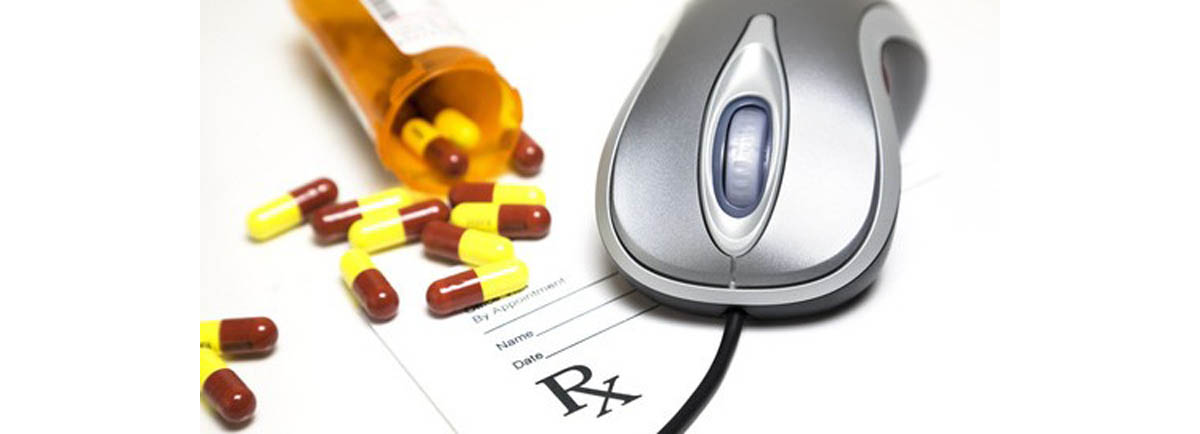Table of Contents
Since the 2009 study the FDA commissioned three more studies, the latest of which was published in 2012.

The study leader, Dr Mark Olfson, MD, MPH, professor of clinical psychiatry at Columbia University College of Physicians & Surgeons, and New York State Psychiatric Institute of Columbia University said: ‘Our findings should help alleviate the fears many parents have about stimulants’. The two-year study compared data from a number of private health insurance companies, looking for a link between taking stimulant drugs and heart events.
They found that only one of the 170,000 cases examined had a serious heart event, and that the rate of serious cardiac events was no different among those taking simulant drugs than in the general population. Also less serious events such as arrhythmias (irregular heart rhythms) and angina (chest pain), were not seen any more frequently in those taking stimulant drugs.
Does this mean ADHD drugs are safe for all children?
This was intentional as those children would be more likely to have a cardiac event – whether or not they took stimulant drugs – and so would artificially bias the results. Also, it is well-known that stimulant drugs can raise blood pressure and heart rate in some people, which could make a person with a heart condition more likely to suffer a serious event, such as a heart attack.
Should stimulant drugs be avoided in children with heart conditions?
Yes, is the current advice. The FDA recommends that stimulant drugs are avoided by people with serious heart problems, or if an increase in heart rate or blood pressure would cause health issues.
While confirming that both patients and parents can be reassured by the outcome of his study, Dr Olfson says: ‘physicians should carefully examine the patient and take a thorough family history of heart disease before prescribing stimulants, because stimulant use is linked to serious events in children with pre-existing heart conditions.
As well as asking about a family history of heart conditions, a prescribing physician will also want to know of any family history of sudden unexplained death.
What about non-stimulant drugs for ADHD?
Atomoxetine (Strattera) is an ADHD drug, not classified as stimulant, but the FDA has included it in the warnings i.e. it is not recommended in people with heart conditions.
If you have any concerns about your child’s health or their medication, consult your doctor.
- FDA website: www.fda.gov/drugs/drugsafety/ucm277770.htm
- Cooper WO et al. ADHD Drugs and Serious Cardiovascular Events in Children and Young Adults.N Engl J Med 2011, 365:1896-1904
- AJ, Glanzman MM et al. Inattention, Hyperactivity, and School Performance in a Population of School-Age Children With Complex Congenital Heart Disease. Pediatrics, 2008, 121(1): e759 -e767
- Gould MS et al. Sudden death and use of stimulant medications in youth. American Journal of Psychiatry, 2009, 166:992-1001 Olfson M et al. Stimulants and Cardiovascular Events in Youth With Attention-Deficit/Hyperactivity Disorder. Journal of the American Academy of Child and Adolescent Psychiatry, 2012
- 51(2)
- Photo courtesy of on Flickr: farm5.staticflickr.com/4062/4543472022_9ab001f8b7.jpg
- www.medicinenet.com/attention_deficit_hyperactivity_disorder_adhd/article.htm#attention_deficit_hyperactivity_disorder_adhd_in_children_facts
- www.mayoclinic.com/health/adhd/DS00275/DSECTION=treatments-and-drugs
- www.fda.gov/drugs/drugsafety/ucm277770.htm

